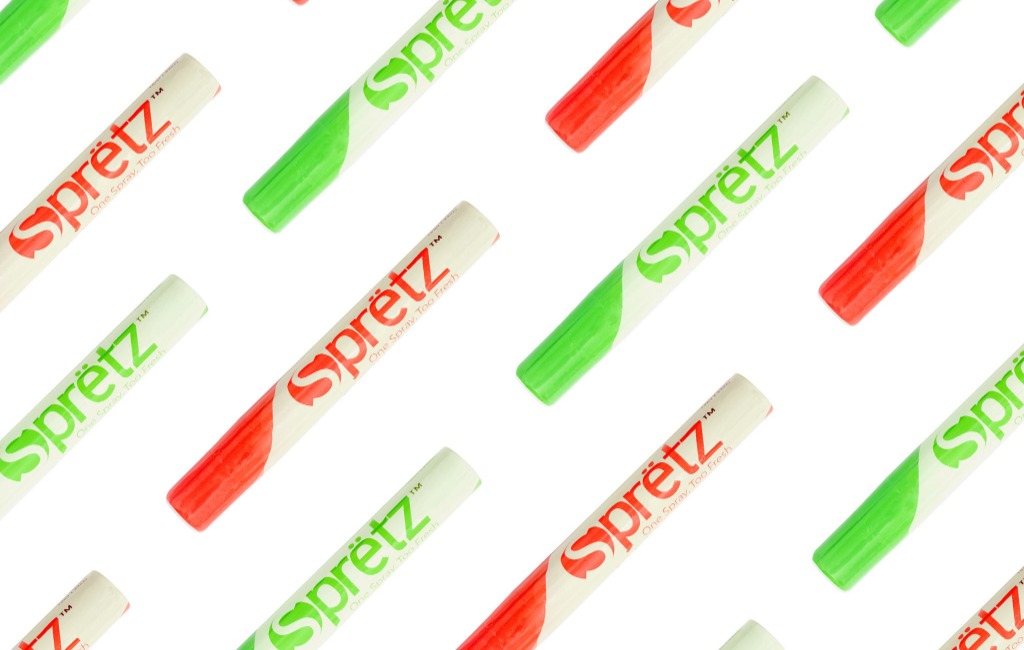Hungry Harvest – Ugly Produce Delivery
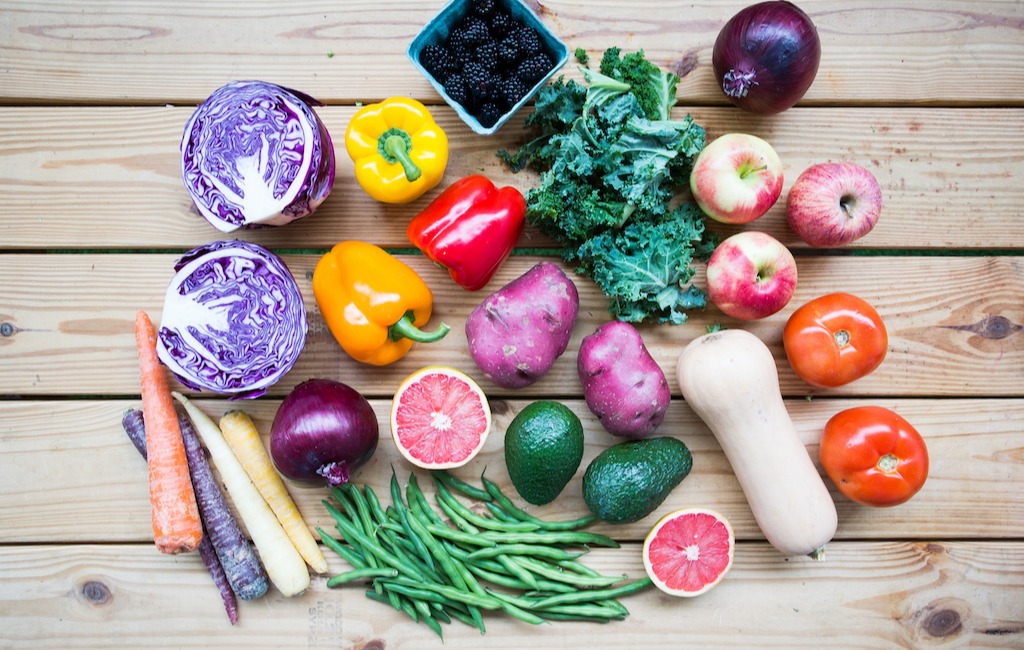

DEAL
EPISODE SUMMARY
🕓 Air Date: January 8, 2016
Asking For:
$50,000 for 5%
Investor:
Robert Herjavec
Deal:
$100,000 for 10%
PRODUCT SUMMARY
Hungry Harvest is a subscription-based service that rescues surplus and "ugly" produce, reducing food waste, and delivers variety bags to customers while also donating meals to those in need.
WATCH HERE
IN A RUSH?
Click these to jump to the section you want to read.
Background Story
Hungry Harvest was founded by Evan Lutz in Baltimore, Maryland. The inspiration for the business came from the alarming reality of 6 billion pounds of produce going to waste in the United States each year, while 50 million Americans struggle with food insecurity. Evan, driven by a desire to address both issues, developed a model that purchases surplus produce rejected for cosmetic reasons from local farms and wholesalers. These rejected but perfectly edible fruits and vegetables are then assembled into a variety of bags and delivered to customers’ doors through a weekly subscription model.
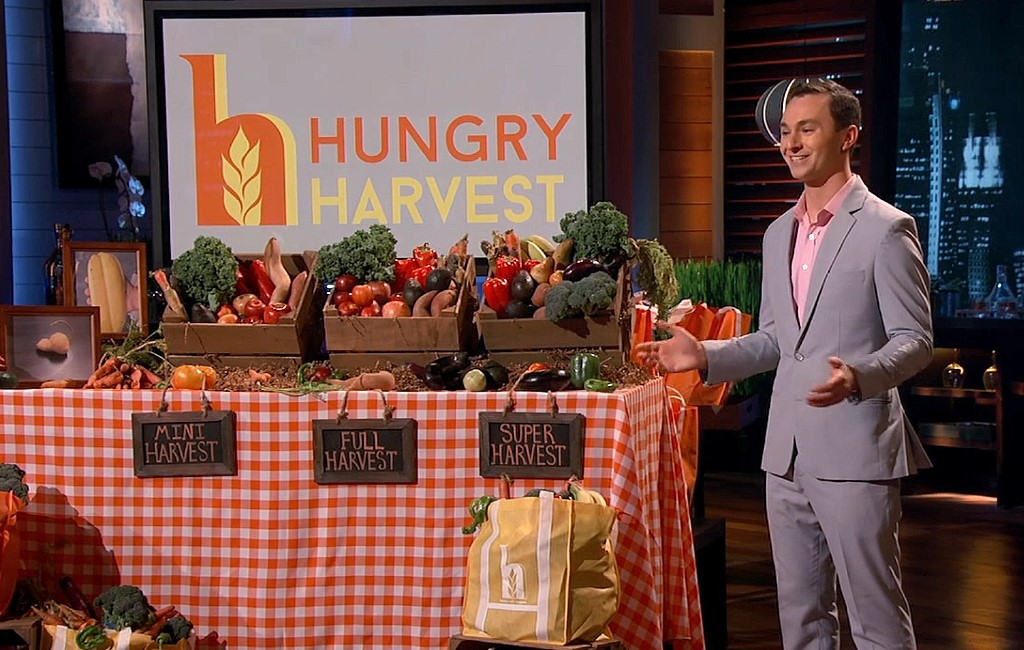
Evan’s motivation extends beyond providing customers with a convenient and cost-effective way to access fresh produce. For every bag delivered, Hungry Harvest donates a healthy meal to someone in need, fostering a mission to combat both food waste and hunger in America. The company also supports local farmers and creates job opportunities for those in challenging situations. Hungry Harvest’s unique value proposition resonates with customers who appreciate the convenience of saving time, and money, and eating healthily while actively contributing to charitable causes.
The Product
Hungry Harvest offers three subscription options: Mini for $15 per week, Full for $25, and Super for $35. Each bag includes one to two leafy greens, three to five types of vegetables, two to four types of fruit, and an herb or flavoring. The company sources surplus produce directly from a network of local farms and wholesalers, ensuring that rejected but perfectly good produce is rescued from going to waste.
The business model eliminates inventory risk, as orders are based on the number of subscriptions. Hungry Harvest’s commitment to reducing food waste and supporting the community extends beyond its core service. They donate 1.2 pounds of produce for every bag delivered, host free farmers markets in impoverished neighborhoods, and actively engage in social initiatives. The company’s focus on social impact is a key component of its appeal to customers.
Customers receive their weekly deliveries with excitement, knowing that they not only benefit personally but also contribute to broader social and environmental causes. The emphasis on convenience, affordability, and community impact positions Hungry Harvest as a socially responsible and customer-centric brand.
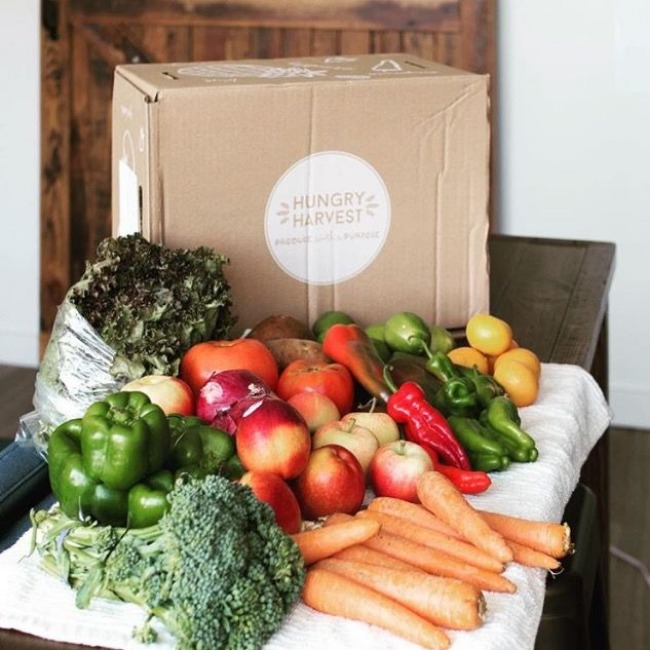
How It Went
The company’s position before Shark Tank
In the first six months of business, Hungry Harvest achieved $37,000 in sales, followed by an impressive growth to $104,000 in the subsequent six months. Currently, the company is not profitable, with a net loss of approximately $20,000. Despite this, the subscriber base has grown to over 500 active customers. Hungry Harvest’s unique value proposition, combining convenience, cost savings, and charitable contributions, has attracted a customer base seeking not only fresh produce but also a socially responsible way of sourcing it.
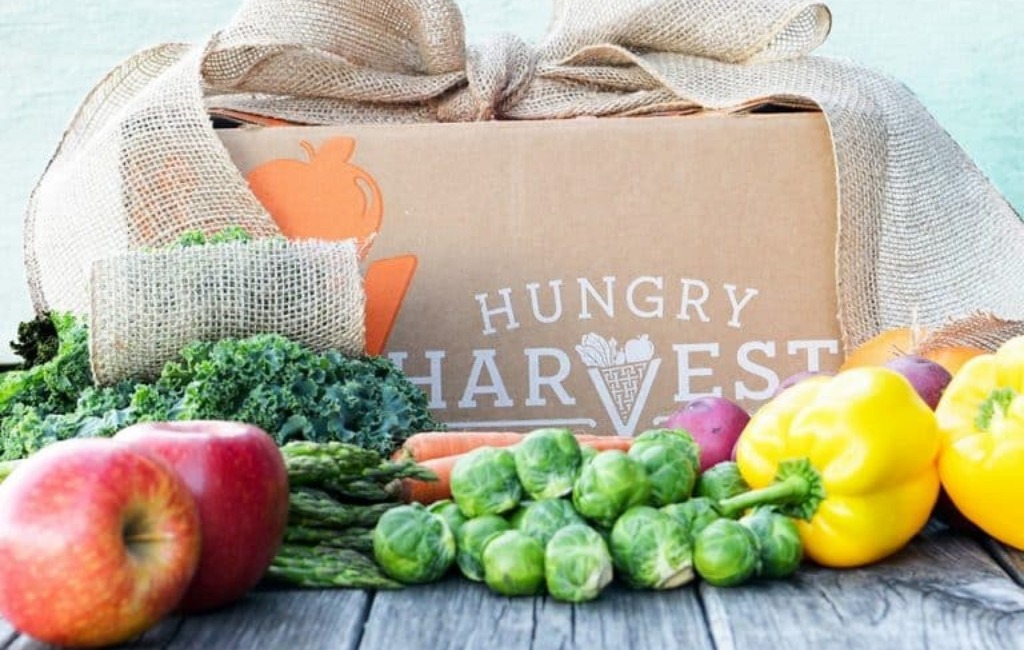
The company’s commitment to reducing food waste, supporting local farmers, and addressing hunger has resonated with customers, creating a loyal following. The business model includes three size options, and the average gross margin is around 50%, inclusive of delivery costs. While the company is not currently profitable, the focus on scalability and the potential for increased margins with growth positions Hungry Harvest for future success.
The Negotiations:
During the pitch, Evan Lutz sought $50,000 in exchange for 5% equity in Hungry Harvest. The negotiation process included input from other sharks, with Kevin O’Leary and Mark Cuban expressing concerns about the founder’s lack of experience and profitability. Robert Herjavec, impressed by the mission and potential, made a counteroffer of $100,000 for 10% equity. His offer was based on his experience and ability to help scale the business effectively.
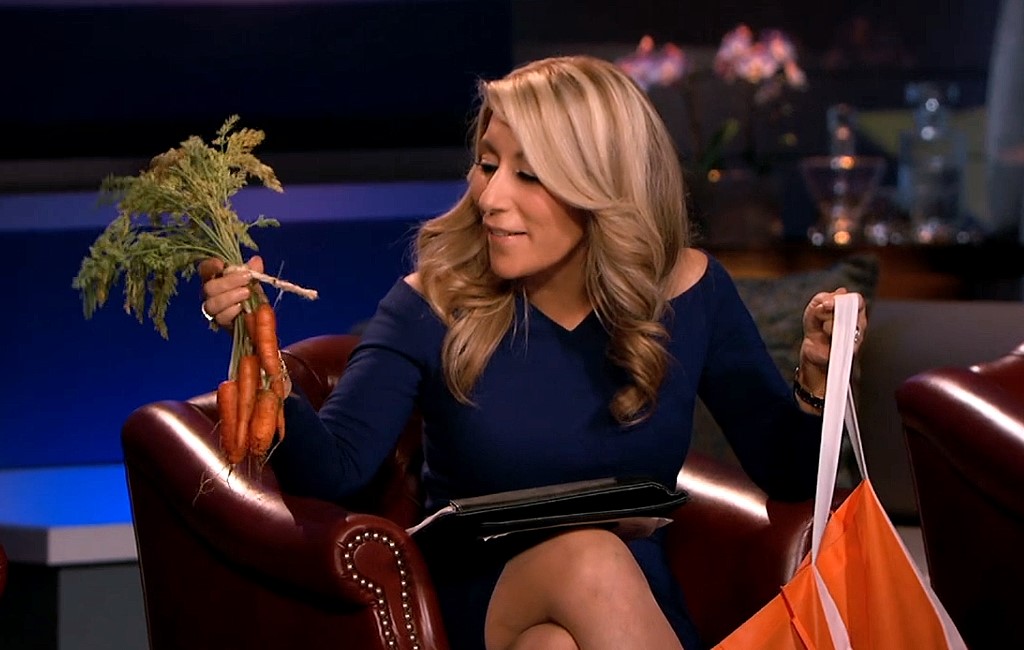
Lori Greiner suggested a partnership with Plated, a company she had invested in, which could leverage synergies and logistic capabilities. Ultimately, Robert Herjavec secured the deal by offering more than what Evan initially sought, providing $100,000 for a 10% stake in Hungry Harvest. While there were other offers on the table, Evan accepted Robert’s deal, expressing gratitude for the opportunity to work with a seasoned entrepreneur.
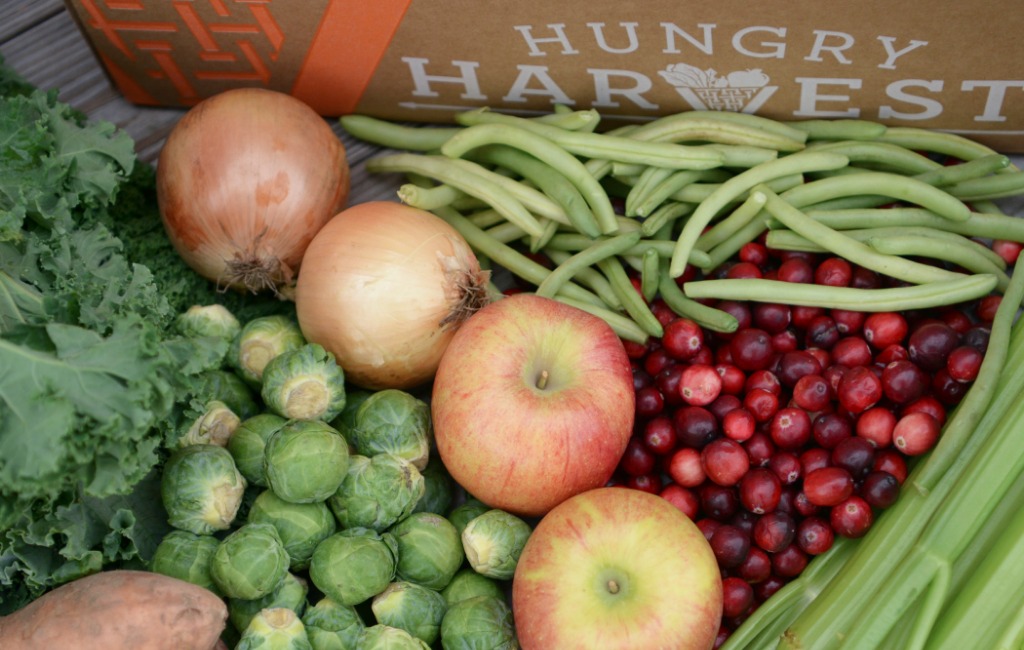
The negotiation showcased the sharks’ varying perspectives, with Robert emphasizing the potential for growth and social impact. The acceptance of the deal marked a significant milestone for Evan and Hungry Harvest, aligning the company with a seasoned investor who could provide not only capital but also valuable expertise in scaling the business.







